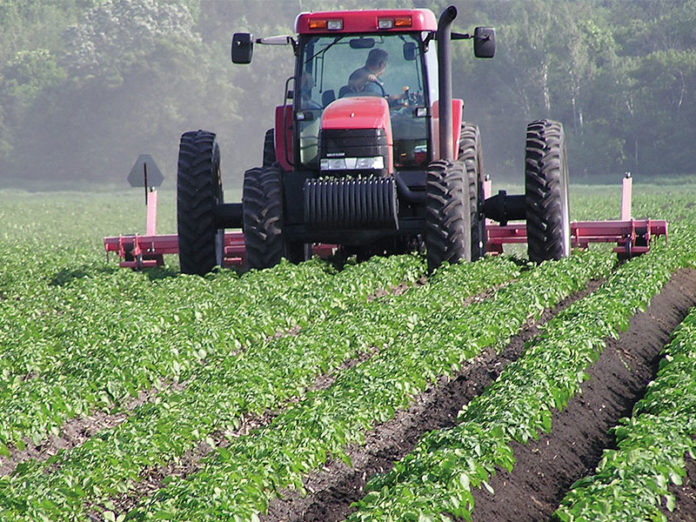The World Bank says increased investment in technology to commercialise agriculture would help to address the challenges in the sector and contribute to ending extreme poverty in Africa.
According to the Bank, while agriculture had grown in Africa, most of it was as a result of expansions in land size rather than an increased in productivity, thus the need for an augmented focus on technology for agriculture.
The World Bank held in-country discussions and a video event to mark World End Poverty Day, with participants from about 17 Anglophone countries in Sub-Saharan Africa, including Ghana, Nigeria, Zambia, Lesotho, South Africa, Kenya, Rwanda and Sierra Leone.
Mr Hardwick Tchale, Senior Agricultural Economist at the World Bank’s Ghana Office, said although agriculture was a major contributor to the Gross Domestic Products of most countries in sub-Saharan Africa.
It provided from 40 – 60 per cent of employment and almost all the 20 per cent of the poorest segments, the quality of the employment tended to impoverish people more than in other sectors.
He noted that most of the agricultural production in Region was based on subsistence, which was a low input-low output production system.This meant that productivity was very low, resulting in low wages and the use of unsustainable agricultural practices such as slash and burn, which caused deforestation and cultivating in wetlands and other fragile ecosystems.
Discussions with participants identified several challenges that hindered agriculture in the Region included land tenure challenged, especially for women, low innovation in the sector, attractiveness of the sector to the youth and the reliance on subsistence.
“When you talk about agriculture and poverty reduction, the focus should be on moving away from subsistence agriculture into some form of commercialised agriculture or agribusiness because that’s where you get significant productivity growth that will be able to reduce poverty significantly,” he stated.
Mr Tchale noted that there were a number of innovations that could help to address some of the challenges and improve productivity growth in agriculture in the Region and Ghana in particular.
The Bank is currently on two main projects in the area of technology in Ghana.
The West Africa Agricultural Productivity Programme, a regional programme of which Ghana is a part has worked to produce high yielding yields like rice; root crops like cassava and sweet potatoes and have begun distribution to farming communities.
The Ghana commercial agriculture project, by the bank with support from the US government, is also helping to develop irrigation infrastructure by agribusinesses working with small-holder farmers in the north of Ghana.
He said the project was also supporting a group of women with greenhouse to enable them produce all year round an under well managed conditions.“When it comes to technology like greenhouse, what matters is not the cost per se but the cost-benefit relationship, as they produce very high value commodities that can pay for themselves” he noted.
He said the combination with the right investments in linking up with logistics like transport, the benefits would far outweigh the cost.Mr K. Osman Gyasi, Senior Agricultural Economist at the World Bank, said while agriculture remained a key player in Ghana, its contribution was declining, moving from about 50 per cent in the 90s to about 20 per cent.
He expressed the need for ways to be found to make the practice of agriculture sustainable and productive.Ms Sara Hague, Chief of Social Policy and M&E at UNICEF commended Ghana for the achievement of the MDG to halve poverty but observed that the rate of poverty reduction had slowed since, while inequality continued to rise.Haleh Bridi, Director of the Africa External Communications and Partnerships at the World Bank said technology was even more important given the issues of climate change which affected agriculture.
She called for more effort in the area of technology and more support from the Bank going forward.
Source; GNA








